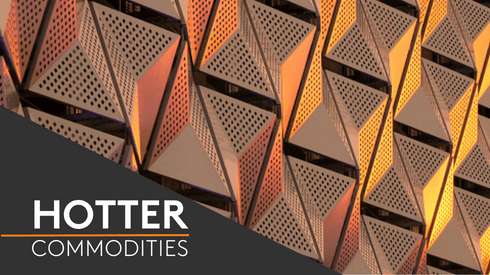The country will continue to support mixed hydroxide precipitate (MHP) production, according to deputy of investment and mining coordination Septian Hario Seto.
Speaking on Tuesday, May 2, at Fastmarkets’ Asian Battery Raw Materials Conference in Singapore, Seto said the Indonesian government was “not going to be issuing any new permits for NPI smelters in Indonesia.”
He told delegates: “We are also reviewing [licenses for] nickel matte [and], for the time being, we are going to remove the tax incentives for nickel matte production.”
The move comes in response to concerns over a lack of availability of nickel ore to support Indonesia’s growing nickel operations.
Indonesia is the world’s largest producer of nickel and is a major growth area for new Class 2 production, including NPI, nickel matte and MHP.
“Our total capacity as of 2022, was around 1.8 million tonnes of nickel metal,” Seto told delegates. “Of this, around 145,000 tonnes is MHP.
“This 1.8 million tonnes of capacity is supported by 177 million tonnes of nickel ore,” he said, “If we complete all nickel capacity expansions currently in the pipeline – around 1 million tonnes – this would require an additional 150,000,000 tonnes of nickel ore. [But] we don’t have that much nickel ore.
Industry sources estimate that Indonesia’s total capacity could reach closer to 4.3 million tonnes of nickel. bit Seto described that target as potentially too ambitious.
“We don’t have enough nickel ore to support that,” he said.
Seto acknowledged, though, that competition to access nickel ore in the country was fierce.
“The game is the battle of resources, all producers are fighting for the mined ore,” he said.
Nickel MHP favored due to cost competitive advantages
Indonesia introduced a ban on nickel ore exports in January 2020 in a move designed to drive up the domestic refining of nickel. But, even with the bans put in place, Seto said he does not believe that there is not enough domestic ore capacity to meet the global nickel demand from Indonesia.
MHP has become the favored product among Chinese nickel sulfate producers due to its cost competitive advantages compared to traditional methods of production from nickel metal.
And Seto told delegates that the government will “continue to support MHP,” with licences and tax incentives for production.
Fastmarkets assessed the nickel mixed hydroxide precipitate payable indicator, % London Metal Exchange, cif China, Japan, and South Korea at 70-73% on Friday April 28, down 1% on the previous range.
Fastmarkets researchers currently forecast that the global nickel market will experience a surplus of around 139,000 tonnes this year, while the International Nickel Study Group (INSG) forecasts an even larger surplus of 239,000 tonnes for 2023.
The surplus will be driven by increasing supplies of Class 2 – or nickel intermediate – products, particularly from Indonesia.
Any move to curb the production levels of nickel from Indonesia could have significant implications on global supply and demand balances, delegates told Fastmarkets on the sidelines of the Singapore conference.
Seto, nonetheless, said that Indonesian MHP production will continue to grow.
“By 2027, MHP capacity [in Indonesia] will be close to 1 million tonnes,” he said.
Keep up to date with the latest news and insights on our dedicated battery materials market page.




